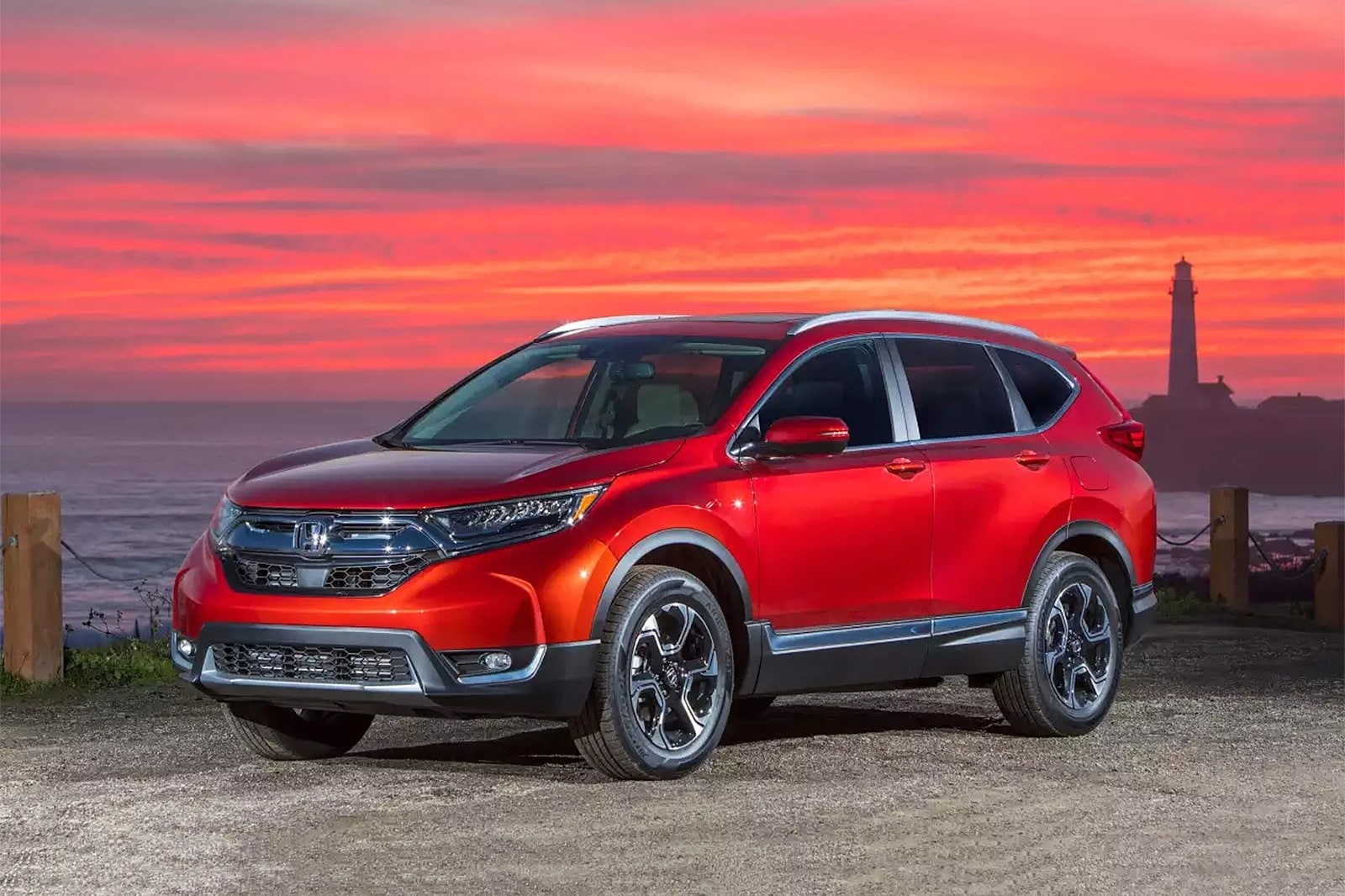SUVs
SUVs
SUVs, or sport utility vehicles, are popular vehicles that are designed to be rugged, versatile, and practical. They are usually larger than cars, with high ground clearance and powerful engines that make them well-suited for off-road driving and towing. SUVs come in a wide range of sizes and styles, from compact crossovers to full-size models that can seat up to eight passengers. Many SUVs also offer advanced safety features, such as all-wheel drive, adaptive cruise control, and blind-spot monitoring. Despite their popularity and utility, some critics argue that SUVs are less fuel-efficient and more polluting than cars, and that their size and weight can make them more dangerous in accidents.
1. Spaciousness: SUVs are known for providing ample space for both passengers and cargo. They have a larger body size and taller roof, which means a more comfortable and roomier interior.
2. Versatility: SUVs are versatile in their usage as they can be used to carry passengers, for hauling goods or even for off-roading.
3. Safety: SUVs generally have a higher ground clearance compared to sedans, making it easier to navigate over bumps or rough terrain. Safety features like all-wheel drive (AWD) and stability control also make driving an SUV safer.
4. Towing capacity: SUVs have the ability to tow more than a sedan, because of their larger engines and stronger frames which provide better stability.
5. Comfortable ride: The higher seating position and suspension system of an SUV provide a comfortable and smooth ride over varied terrain.
6. Aesthetic appeal: SUVs have a sleek and stylish look with various design options like two or three rows of seats, and different styles of roofs.
7. Road visibility: The higher driving position of an SUV increases visibility on the road, making it easier to spot obstacles or pass through different traffic.
8. Resale value: SUVs tend to retain their resale value longer than other types of vehicles because of their desirability and practicality.
1. High fuel consumption: SUVs typically have large and heavy engines that consume more fuel than smaller vehicles, which results in higher gas expenses.
2. Costly maintenance: Due to their size, SUVs often have higher maintenance costs, including oil changes, tire replacements, and brake repairs.
3. Difficult to park and drive: SUVs can be more challenging to park and maneuver in tight spaces due to their larger size.
4. Environmental impact: The larger size of SUVs makes them more carbon-emitting than smaller vehicles, contributing to climate change and air pollution.
5. Safety concerns: Due to their high center of gravity, SUVs can be more unstable and prone to rollovers, which raises safety concerns for passengers and drivers.
6. Expensive Insurance: SUVs are considered to be more expensive to insure due to their higher value in the market and greater possibility of causing significant damage in the event of an accident.



Comments
Post a Comment